At a meeting on 24 April, EU foreign affairs ministers focused on military support, restrictive measures, food security, and accountability but also the implementation of the action plan on the geopolitical consequences of this war. The EU aims to strengthen its partnerships around the world to reinforce global stability and growth.
Sudan
The Foreign Affairs Council touched on the situation in the country and the violent clashes going on between the Sudanese Armed Forces (SAF) and the Rapid Support Forces (RSF) since 15 April.
The High Representative stressed the crucial importance of an immediate cessation of hostilities and return to regional negotiations, and reported on the evacuation of EU staff and citizens.
Russian war of aggression against Ukraine and EU action plan on its geopolitical consequences
The Foreign Affairs Council exchanged views on the Russian aggression against Ukraine.
At the beginning of the Council discussion, the Foreign Minister of Ukraine, Dmytro Kuleba, addressed EU ministers via video conference, and briefed them about the latest developments on the ground and Ukraine’s military priorities and needs, especially in terms of ammunition and missiles.
The High Representative stressed that in total the EU and its member states have already facilitated the delivery of over €13 billion in military support. He also updated ministers on the EU military support to Ukraine in the context of the three-track plan to provide Ukraine with one million rounds of artillery ammunition, either from existing stocks or jointly procured.
So far the EU has delivered on track one through the adoption of an assistance measure under the European Peace Facility worth €1 billion, designed to address Ukraine’s most immediate needs. EU member states are also finalising work on track two, to facilitate joint procurement. Lastly, the European Commission will soon present concrete proposals on how to ramp up the European defence production capacity under track three.
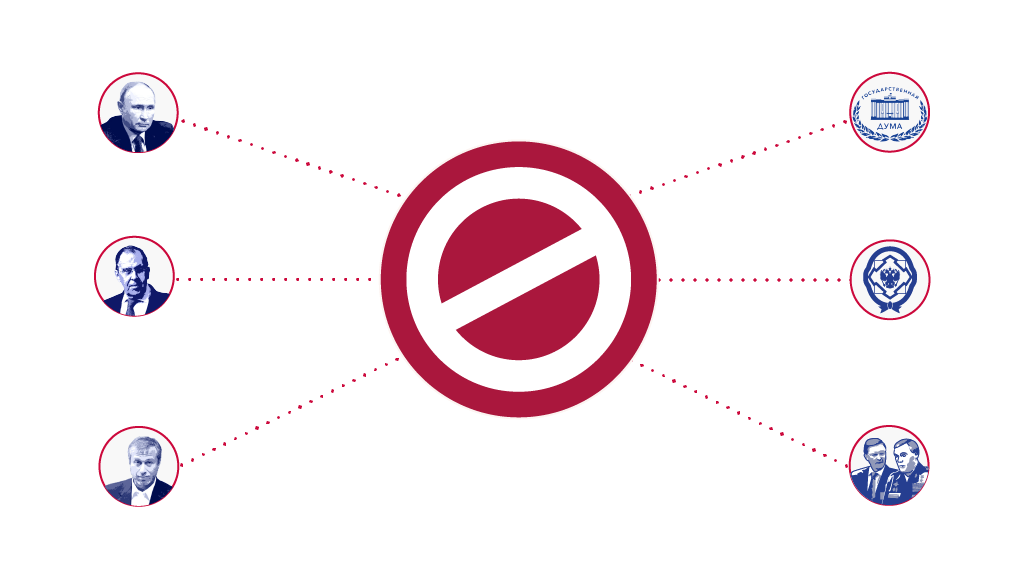
Council adds Wagner Group and RIA FAN to EU sanctions list |
Ministers were also informed about the activities of the EU Military Assistance Mission in support of Ukraine (EUMAM Ukraine), which has already exceeded its initial target by training over 16,000 Ukrainian soldiers. The EU aims to train total 30,000 soldiers by the end of 2023.
The Foreign Affairs Council then discussed the implementation of the EU action plan on the geopolitical consequences of the Russian aggression.
This is a key instrument setting out the EU’s strategy to increase its bilateral engagement with key partners in its immediate neighbourhood, Asia, Africa and Latin America. The aim of the plan is to strengthen EU partnerships around the world through political and economic engagement, and the key use of the Global Gateway initiative.
Informal exchange with the Minister of Foreign Affairs of Georgia
EU Foreign Affairs Ministers held an informal exchange over lunch with the Minister of Foreign Affairs of Georgia, Ilia Darchiashvili focusing on Georgia’s European perspective and the need to strengthen its democracy.
The discussion confirmed that Georgia has made significant progress in many key reforms, and highlighted that rule of law, human rights, media, civil society and independent state institutions are important elements for each country aspiring to join the EU.
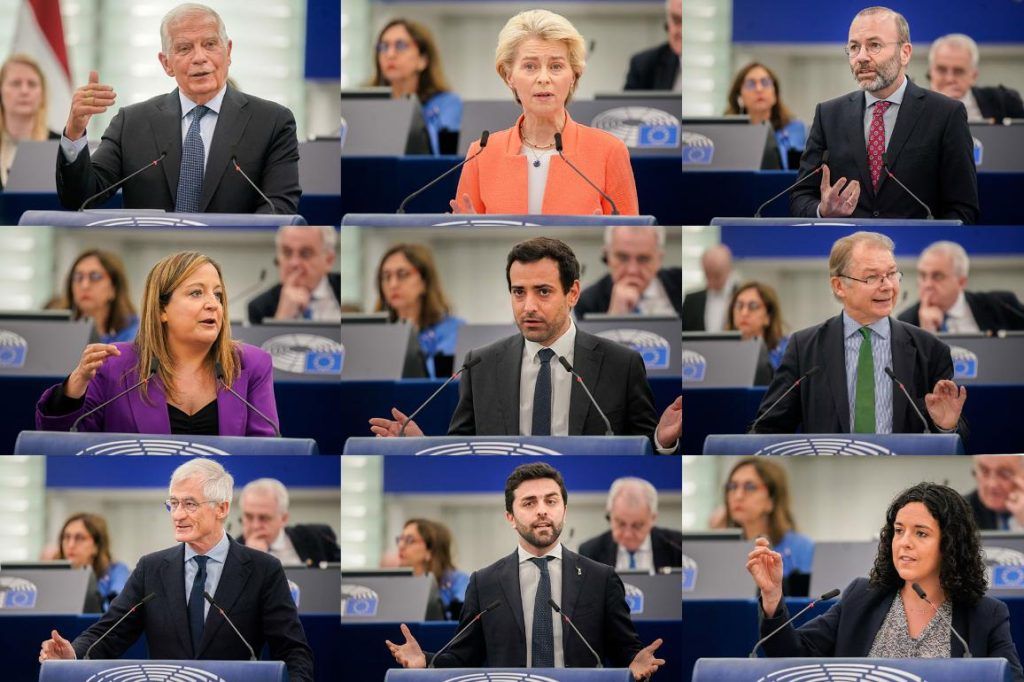
MEPs call for clarity and unity in policy on China
|
Current affairs
The Foreign Affairs Council discussed Moldova and agreed on three concrete measures to support the country:
- the Council established a new civilian EU CSDP partnership mission that will strengthen Moldova crisis management structures and enhance its resilience to hybrid threats
- the Council reached a broad agreement on a new framework for sanctions against those who destabilise the country and
- on allocating further €40 million coming from the European Peace Facility to support Moldova’s defence capabilities
On China, the High Representative underlined that there are areas where the interests of the EU and China converge, and they need to work together, e.g. to address global challenges like climate change, debt management and global health. He also stressed that the EU expects China to act in defence of international rules and norms, in their entirety and not selectively, especially when it comes to Russia’s unjustified, unlawful war of aggression against Ukraine.
The High Representative welcomed the statement in which China distanced itself from the unacceptable remarks of its ambassador to Paris, in contrast with China’s recognition of Ukraine – including with Crimea – in 1991.
More information: European Council

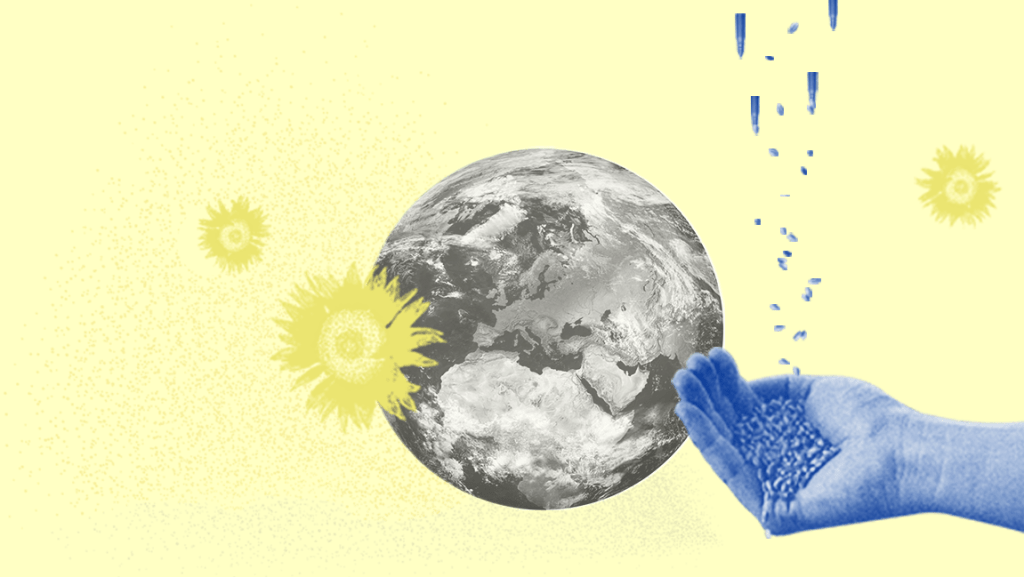



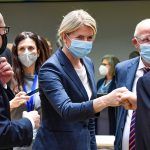
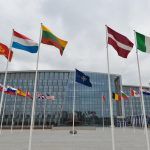
Leave a Reply